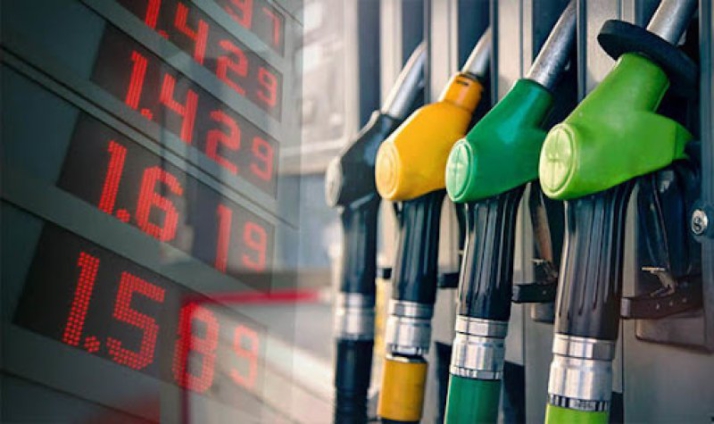The Head of Africa for petroleum Giant PUMA Energy, Fadi Mitri has argued that to ensure the constant supply of petroleum products on the Ghanaian market, consumers must be made to pay the fair market prices.
The Government of Ghana in the wake of liquidity challenges and the depleting foreign reserves of the country is resorting to policy measures such as the gold for oil deal to enhance Ghana’s energy security.
However, given that such measures are woefully inadequate to deal with all of Ghana’s petroleum needs, there are fears of a possible disruption in fuel supply if measures are not taken to provide forex to bulk oil distributors to import more petroleum products.
Speaking on the sidelines of his country visit to Ghana, the Head of Africa for PUMA Energy, Fadi Mitri told JoyNews that “we've been in Ghana for over 15 years and we are certainly one of the largest energy investors in the country.
"We've invested over the last ten years $450 Million. That puts us in a situation where in the current environment we are in, we have our hand on the pulse of the economy and on the crisis that is actually affecting Ghana today. We import a lot of gas oil and gasoline with our bulk distribution company. We are exposed to the liquidity, the dollar liquidity issues that we have that the country is facing”.
Touching on how the problem could be addressed, Fadi Matri indicated that “the answer to that from PUMA's perspective is that what can ensure that supplies reliably arrive in Ghana is that Ghanaians are always able to pay the fair market price for the supplies.
"Now, Ghana is a deregulated market, which means that the price at the pump can move. But the price is in cedi. So if the foreign exchange is not allowed to move based on the market, then there will be problems.” he said.
Already, the Institute for Energy Security (IES) is predicting between seven per cent and 13 per cent jump in the prices of petrol, diesel and Liquefied Petroleum Gas (LPG), from February 1, 2023, for the next two weeks.
This means petrol will sell at about GH¢15 per litre, whilst diesel will go for over GH¢17 per litre. According to the IES, the rise in domestic fuel prices is due to the sharp depreciation of the cedi during the last two weeks and the rising international fuel prices as observed on the global S&P Platts platform.
Latest Stories
-
Dreams FC denies allegations of attempting to sign Najeeb Yakubu
41 mins -
Election 2024: ‘Right to free and fair elections non-negotiable’ – Akufo-Addo
47 mins -
Kurt Okraku took out my passport from the U23 squad that travelled to Japan – Najeeb Yakubu alleges
57 mins -
Where hope fails: Ghana’s decaying home for the destitute
1 hour -
NDC Mining Committee for 2024 campaign refutes allegations of recruiting thugs for elections
1 hour -
Traction Control: A lifesaver with an off switch? Here’s why it exists
1 hour -
I don’t need anyman to woo me with money – Miss Malaika 2024 winner refutes pimping claims
1 hour -
”Kurt Okraku sabotaged my national team career because I refused to sign with Dreams FC” – Najeeb Yakubu
1 hour -
Businesses urged to leverage Generative AI for enhanced customer engagement
2 hours -
MultiChoice Ghana partners with Ghana Hotels Association to elevate guest entertainment
2 hours -
Bawumia’s music streaming app or Mahama’s pay-per-view TV channel?
2 hours -
Karpowership Ghana empowers 40 Takoradi Technical University students with scholarship
2 hours -
We expect significant reduction in prices of petroleum products in coming weeks – CEO AOMC
2 hours -
Betway Africa offers once-in-a-lifetime ‘Play-on-the-Pitch’ experience at Emirates Stadium
2 hours -
I coined the term ‘hype man’ in Ghana – Merqury Quaye
2 hours

